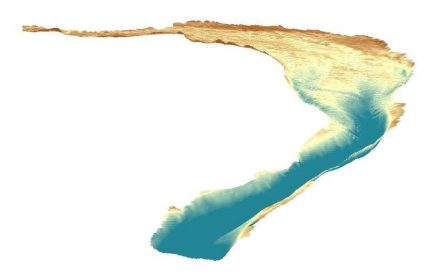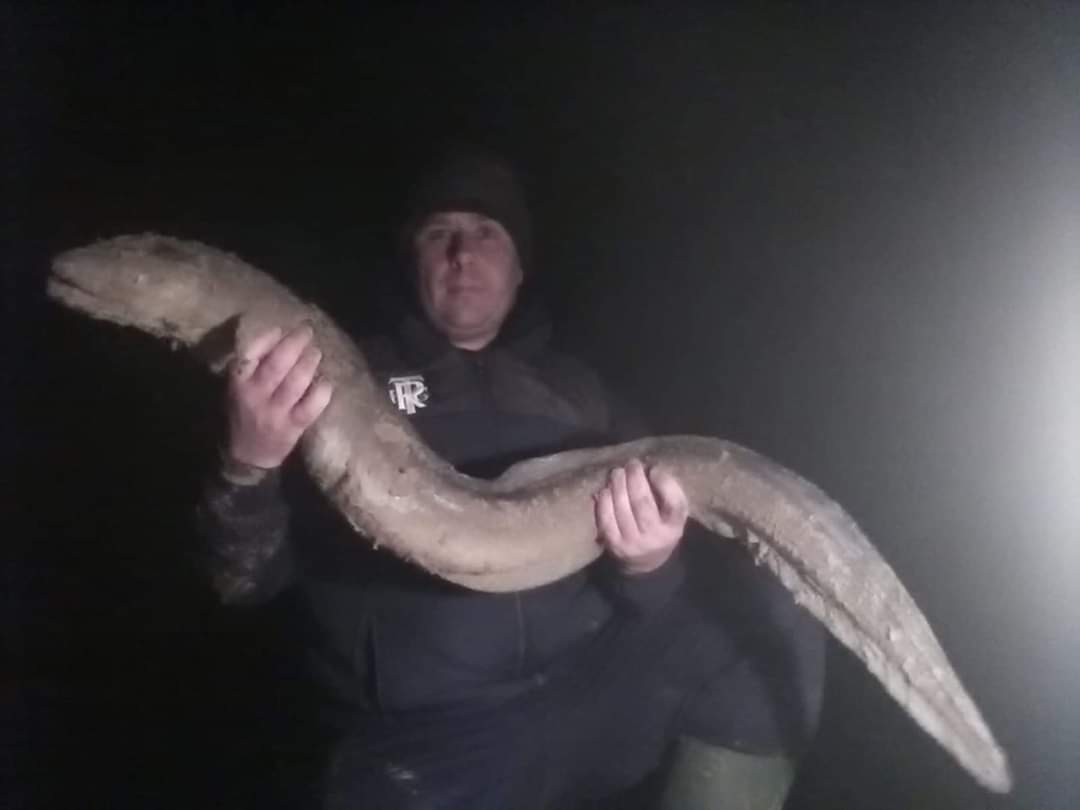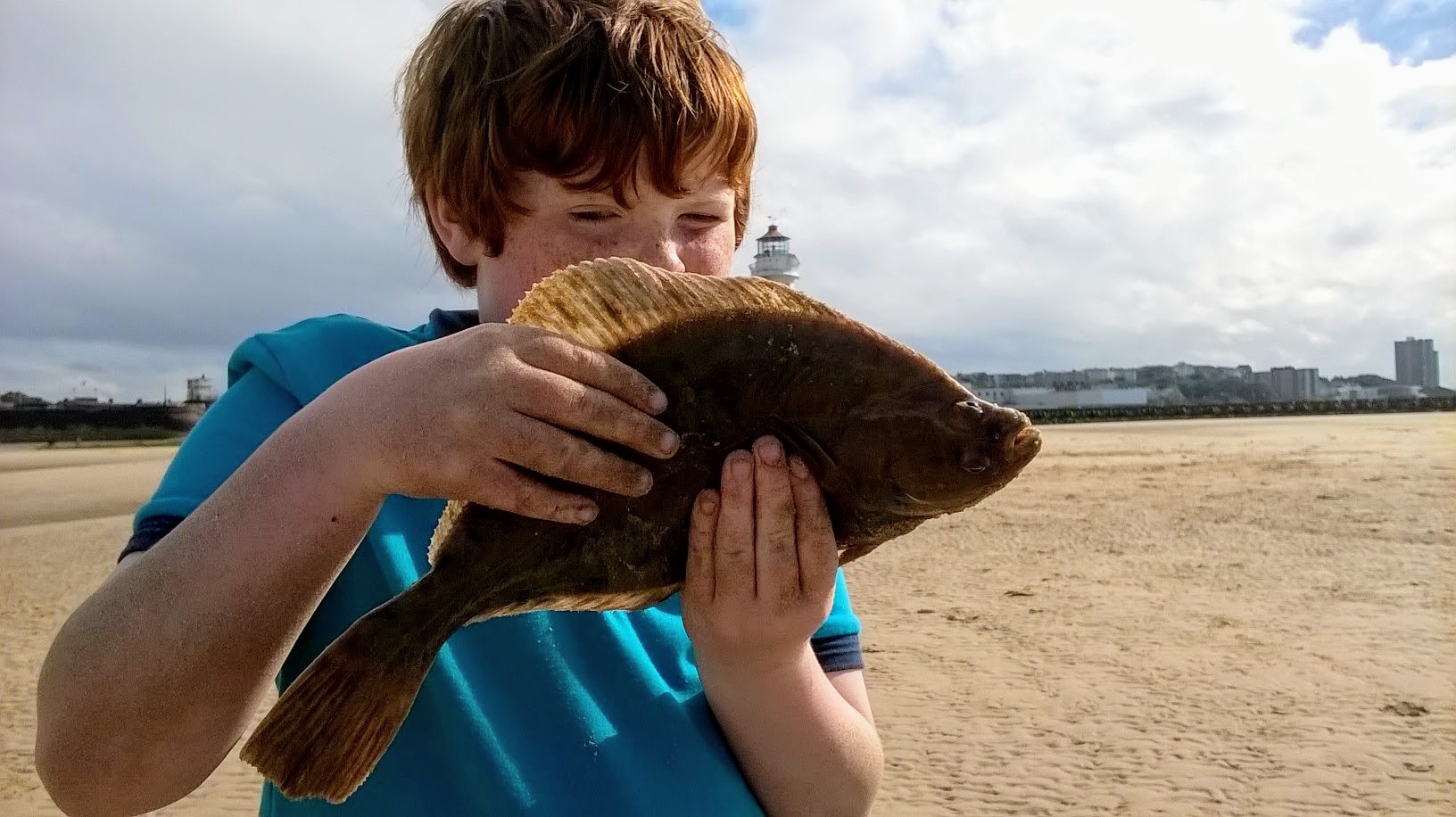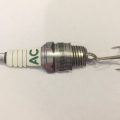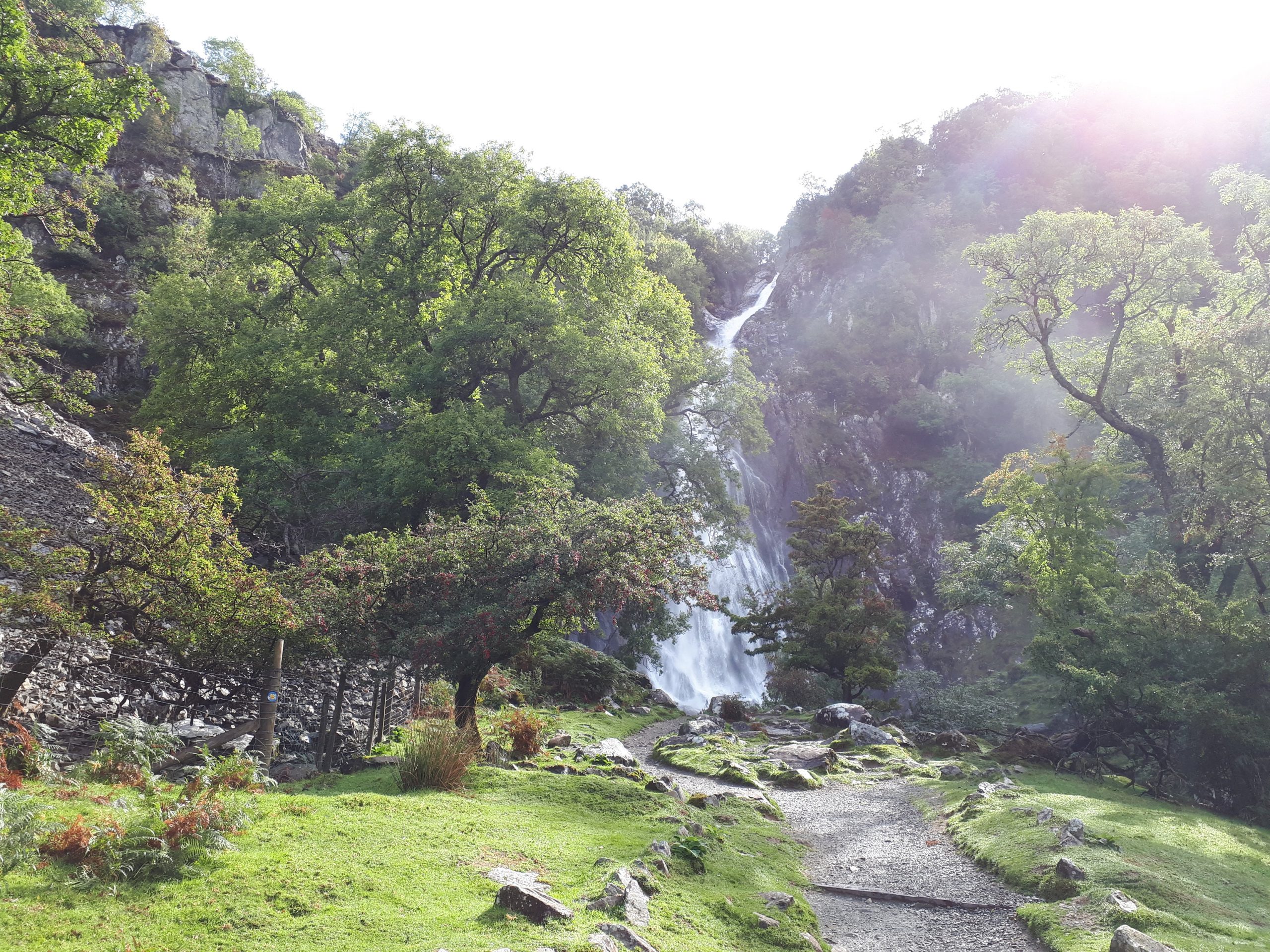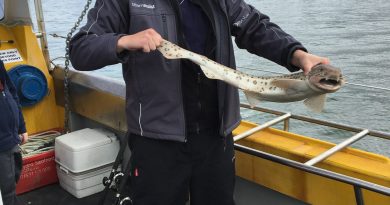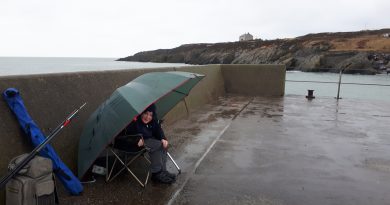Does rain have an effect when fishing the river Mersey?
A good question, does rain have an effect when fishing the river Mersey?
A high amount of fresh water flowing into the basin must have some form of effect on the fishing, right? Regardless, it is something talked about by local anglers following heavy downpours in the area. A lot of these believe that all the fresh water dulls the fishing and will put of a session for that very reason.
The short answer is both yes and no, but maybe not for the reason you are thinking. Following periods of heavy rainfall the question is often asked regarding “will all the fresh water have an effect on fishing”. This could also affect other rivers and not just the Mersey but we have to take each estuary on its own attributes as they all differ greatly. This is my take on the Mersey.
The river Mersey is different than a lot of others estuaries due to its topography, it is a huge tidal estuary with varying depths. In fact, it has the 2nd highest tidal range of all estuaries in the UK. These tides measure between 4-10 metres in size depending if neap or spring, that’s a lot of water movement. The actual basin stretches to 3 miles across at its widest point with various depths along it. Speaking of depth, in places the River Mersey is up to 30 metres deep, in particular, the channel that runs for a considerable length.
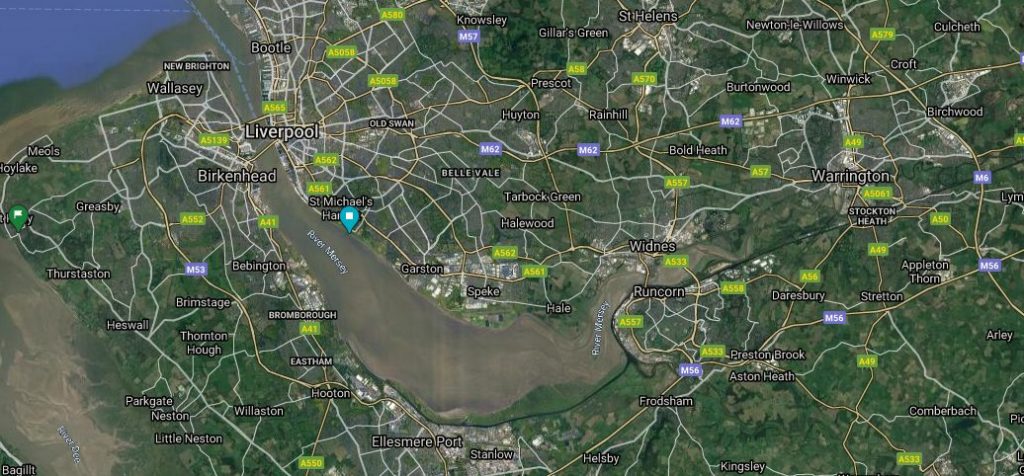
Where the River Mersey enters the basin, it is absolutely tiny in comparison the volume of the entire basin. Even at full flow after periods of heavy rain the amount of water entering the basin is not quite 1% of a neap tide (source – https://www.ntslf.org/.
Saline Water Parameters.
- Freshwater – Less than 1,000 ppm
- Slightly saline water – From 1,000 ppm to 3,000 ppm
- Moderately saline water – From 3,000 ppm to 10,000 ppm
- Highly saline water – From 10,000 ppm to 35,000 ppm (Sea water is around 35,000 ie water entering the Mersey Basin)
x = (c ÷ V) × 100 – Based on the % of flow either way (neap tide) the maximum can be up to 1% fresh water, this is not pure though. The water will mix towards the river source quite effectively due to movement. The flats and silt will also contain salt concentrates which will dissolve into any fresh water (amount depends on the time of year)
From the scientific data available the Mersey falls in to the below catagory:
Vertically Mixed Estuary
A vertically-mixed or well-mixed estuary occurs when river flow is low (in comparison to tidal flow) and tidally generated currents are moderate-to-strong. The salinity of water in a vertically-mixed estuaries is the same from waters surface to the bottom of the estuary. Strong tidal currents eliminate the vertical layering of freshwater floating above denser seawater, and salinity is determined by the daily tidal stage. An estuary’s salinity is highest nearest the ocean and decreases as it moves up the river. (Source https://oceanservice.noaa.gov/)
When targeting salt water species, most anglers will fish from as far down as the Eastham area on the Wirral and Otterspool. This is still a considerable distance from the Mersey river entering the basin. What needs to be taken into consideration is the Mersey is always flowing and is filled by rain from other areas, not just Merseyside. The River Mersey is 113km or 70 miles in length, its source is the convergence of the River Tame and the River Goyt at Stockport. It can be fine (weather wise) to a degree in Merseyside but really filling up the Mersey in its tributaries further upstream without anglers knowing. Pumping nearly as much water into the basin as when downpours hit the local area too.
So… should high amounts of fresh water in the River Mersey have an effect on fishing?
No, it shouldn’t as the salinity of the water will be changed so little as to be unnoticeable to any fish in the basin, especially from where sea anglers are targeting them. Even at times of severe flooding, like when its all over the news. The water flowing down is held back on fields and woodland etc meaning the amount of water entering the basin is consistently high over more days after the rain has stopped. It doesn’t all just get dumped in at once.
Now, I used the word dumped when it comes to fresh water amounts. What does however occur during times of great rainfall and flooding is the movements of debris from these areas. Not only does the increased flow of the river dislodge items on the riverbed, but also items from the flooded fields and woodlands. Sticks, twigs, grass, rubbish and even tree trunks make their way into the basin area. These items may be held in the basin for multiple tides over several days before heading out to sea or settling.
What this can / will result in is various issues to anglers but all along the same lines. Speaking of lines, if you have fished the Mersey after rain you will be well aware of the amount of grass and plastic that gets stuck to it. False bites often occur from sticks and other debris. Moreover, monster hits that result in nothing at all, all from these items hitting your lines (the one that got away, must have been a big one…).
Even after relative calm weather we experience this, we can see it on top of the water. Imagine how much is circulating around underneath and moving at speed relative to the flow. Wind, tide and boats will all play their part in this movement.
So does heavy rainfall affect the fishing in the river Mersey?
I believe it does but not due to fresh water, its more down to the debris. Anglers will and still do catch when fishing after heavy rainfall as reports on social media and internet forums show. One area will still fish well and others will be like fishing a barren waste. In my experience in tends to limit the size of the fish caught, they have all been smaller whether flat / round fish.
The Mersey is a hunt by smell area for fish due to the silt being agitated by the incoming and outgoing tides, visibility is very low. I think the amount of extra…lets call them smell pollutants hinder the fish from finding foods. Secondly any settled debris will cover areas of the sea bed, again making it more difficult to find food. They will also have to navigate this potential mine field of debris which may cause them damage. There are debates as the whether fish feel pain. After a bit of research it would appear there is high potential for this in the main body area. Fish s are quite soft and could be easily wounded.
The above paragraph is very subjective but makes sense. Different fish species could react differently too due to their physiology. Think of Thornback Rays, a bottom dwelling fish preferring sandy / silty areas. They appear in large numbers in the Mersey at times. Their evolution has made them perfect for this sort of habitat not the potential rough ground caused by heavy rains. They will feed off shore before moving back in as the debris is shifted. Catches always increase after a few days to a week.
It’s my take on it and I’m sticking with it unless someone can enlighten me otherwise.
Tight lines
